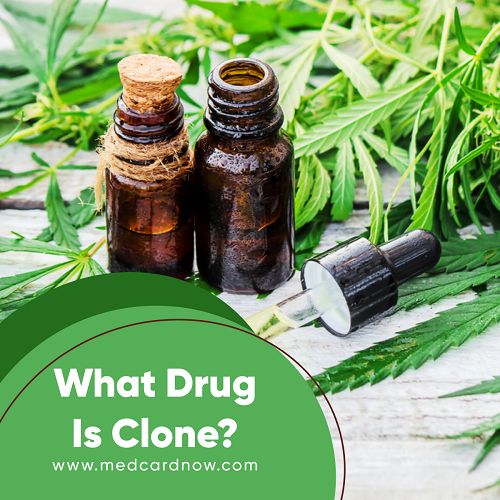
Most of us consume drugs daily, but have you ever noticed that some drugs are clones? Nowadays, the pharmaceutical industry contains numerous clone drugs. But what drug is a clone? Read on to find out. There are significantly more generic medications available in the United States because these countries have a larger pharmaceutical manufacturing industry.
What are clone drugs?
Drugs come in different categories, including original, generic, or clone. Generic drugs contain the same active ingredients as the original medicine, but inactive ingredients may differ. Some features of clone medications include:
- Made by a different company from the originator company
- Similar in strength, dosage form, and methods of administration
- Has the same purpose and potency as the original
A clone is the same duplicate of the originator drug containing the same active and inactive ingredients. These drugs are manufactured by the originator company using a unique proprietary name. The drugs don’t wait for the originator drug patent to expire. In most cases, the product uses the same production line as the originator. However, clone drugs usually have lower prices.
Why clone drugs are cheaper than the original drugs?
Generic medicines work similarly in the body and offer similar benefits as the original medicine. However, these medications require lengthy clinical evaluation. This is because the originator drug company already performs all the necessary clinical trials of the drug. The price of a generic thus becomes lower than that of the originator.
Consider all the many brands of paracetamol available. Some of the tablets come in different shapes, sizes, colors. Furthermore, many of them contain different ingredients such as fillers and binders. But they all contain the same active ingredient, paracetamol.
For example, Panadol 500mg paracetamol tablets are “brand leaders” while Herron 500mg paracetamol is a clone.
When a company discovers a new chemical, it will protect this intellectual property for up to 20 years. After 20 years, new companies can freely market chemically identical copies of the brand leader. These copies are known as clones.
The different types of clone medicines?
So what drug is a clone? There exist three main types of generic medicines.
A pseudo-generic or “clone” medication has identical aspects to a “brand leader”. However, its name and identifying details on the product label are different. Usually, the pseudo-generic originates from the same factory as the brand leader.
Another type of generic is a licensed generic. These products contain the same formulation as the brand leader, but they’re made by a different company. Essentially, this company purchases the recipe to remake the drug.
The last type is the “true” generic drug. In this scenario, the manufacturing company formulates its recipe containing the active ingredient.
Clone and licensed generics are essentially identical to the original product. They also contain active ingredients and other ingredients such as fillers, coloring agents, and lubricants. A true generic usually only contains the chemically active ingredient. Everything else is usually different.
The Role of Clone Drugs in Medical Marijuana Access:
Clone drugs play a vital role in enhancing accessibility to medical marijuana treatments for patients in need. By offering chemically equivalent alternatives to brand-name strains, clone drugs provide patients with more options to choose from, accommodating diverse medical needs and preferences.
At MedCardNow, we recognize the importance of clone drugs in expanding access to medical marijuana therapies. Our mission is to empower patients with comprehensive information and personalized recommendations, guiding them toward safe and effective cannabis-based treatments tailored to their unique medical conditions and wellness goals.
Bottom line
To know what drug is a clone, it should be therapeutically equivalent to the brand leader. The manufacturer must demonstrate that its active ingredient is in high amounts in the original product. Therefore, when next you buy a drug, you can ask for the clone. Clones usually come at discount prices and provide similar effects.
Unlock Your Medical Marijuana Card Today!
Ready to explore the therapeutic benefits of medical marijuana? Our team specializes in helping individuals like you obtain medical marijuana cards and connect with licensed physicians who can provide personalized recommendations. Whether you’re seeking relief from chronic pain, anxiety, or other medical conditions, we’re here to support you every step of the way.
How It Works:
- Consultation: Schedule a consultation with one of our experienced physicians.
- Evaluation: Our physicians will assess your medical history and determine if medical marijuana is right for you.
- Recommendation: Upon approval, you’ll receive a personalized recommendation for medical marijuana treatment.
- Card Issuance: We’ll assist you in obtaining your medical marijuana card, granting you legal access to medical cannabis treatments.
Don’t let concerns about your health overshadow the potential benefits of medical marijuana. Contact us today to unlock your medical marijuana card and embark on a journey toward improved health and wellness.



